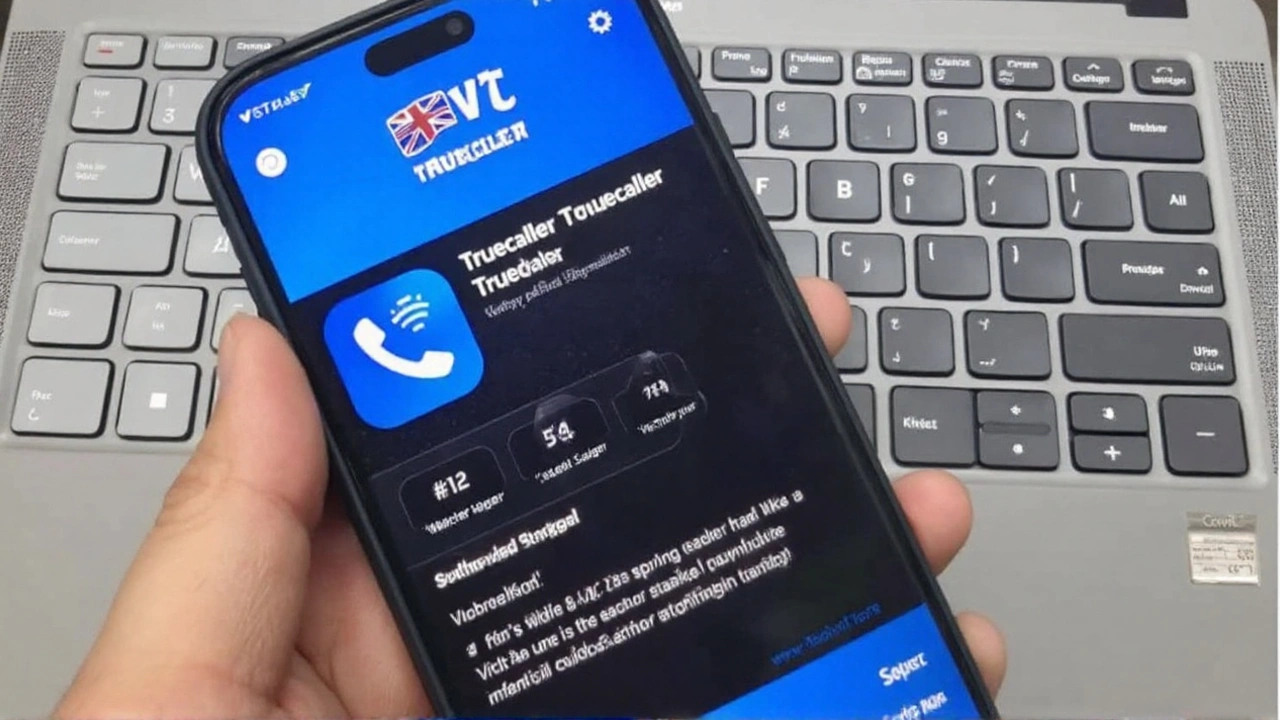Understanding POPIA: The Basics Every South African Should Know
If you’ve heard the term POPIA buzzing around news feeds or workplace meetings, you’re not alone. It’s the Protection of Personal Information Act – South Africa’s answer to GDPR – and it affects anyone who handles personal data, whether you run a tech startup or manage a local shop.
At its core, POPIA aims to protect people’s privacy by setting clear rules on how personal information can be collected, stored, used, and shared. Think of it as a contract between you (the data holder) and the person whose details you hold. Break those rules, and you could face heavy fines or damage your reputation.
Key Requirements You Can’t Ignore
1. Lawful processing: You must have a legitimate reason to collect data – consent, contract necessity, legal obligation, or a genuine interest that doesn’t override the person’s rights.
2. Minimalism: Only gather what you truly need. If you’re asking for an address but only need a city, trim the request. Less data means lower risk.
3. Security safeguards: Encrypt files, limit access, and regularly test your systems. POPIA expects you to keep information safe from leaks or hacks.
4. Transparency: Let people know why you have their data, how long you’ll keep it, and who you share it with. A simple privacy notice on your website does the trick.
5. Rights of data subjects: Individuals can request to see, correct, or delete their information. Have a process ready – ignoring these requests is a breach.
Practical Steps to Get POPIA‑Compliant Today
Start with an audit: list every piece of personal data you hold, where it lives, and who can access it. This map will reveal gaps you didn’t know existed.
Next, update consent forms. Use clear language – no legal jargon – and give people a real choice to opt‑in or out.
Train your staff. Even the best policies fail if employees don’t understand them. Short workshops on data handling go a long way.
Set up a breach response plan. If a leak occurs, POPIA requires you to notify the regulator and affected individuals within 72 hours. Having a checklist saves panic time.
Finally, appoint an Information Officer (IO). This person becomes your point of contact for data‑related queries and ensures ongoing compliance.
Many South African businesses think POPIA only applies to large corporations, but the law covers everyone – from e‑commerce sites selling a few items a week to NGOs collecting donor details. Ignoring it is not an option; embracing it can actually build trust with your customers.
Stay tuned to our tag page for the latest POPIA news, case studies, and step‑by‑step guides. We’ll break down court rulings, share tools for data mapping, and answer common questions like “Do I need a Data Protection Impact Assessment?” right here on Voice of Africa Daily.
Ready to make privacy a strength rather than a headache? Start with the audit today, update your consent forms, and keep this page bookmarked for ongoing tips. POPIA compliance isn’t a one‑time task – it’s an everyday habit that protects both you and the people whose data you hold.

Truecaller Faces Scrutiny in South Africa Over Data Privacy and Pay-to-Whitelist Scheme
Aug 17, 2025, Posted by Ra'eesa Moosa
Truecaller is under investigation in South Africa after complaints that it violates POPIA rules and forces companies to pay to prevent being labeled as spam. The Information Regulator is looking at how the app's practices might clash with data privacy laws and affect local businesses.
MORE